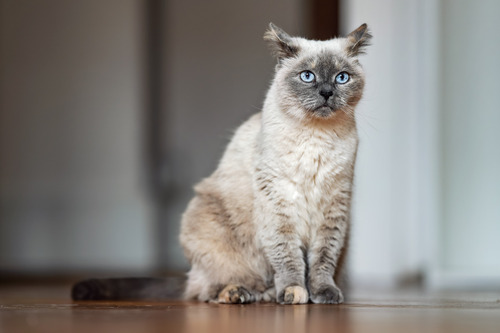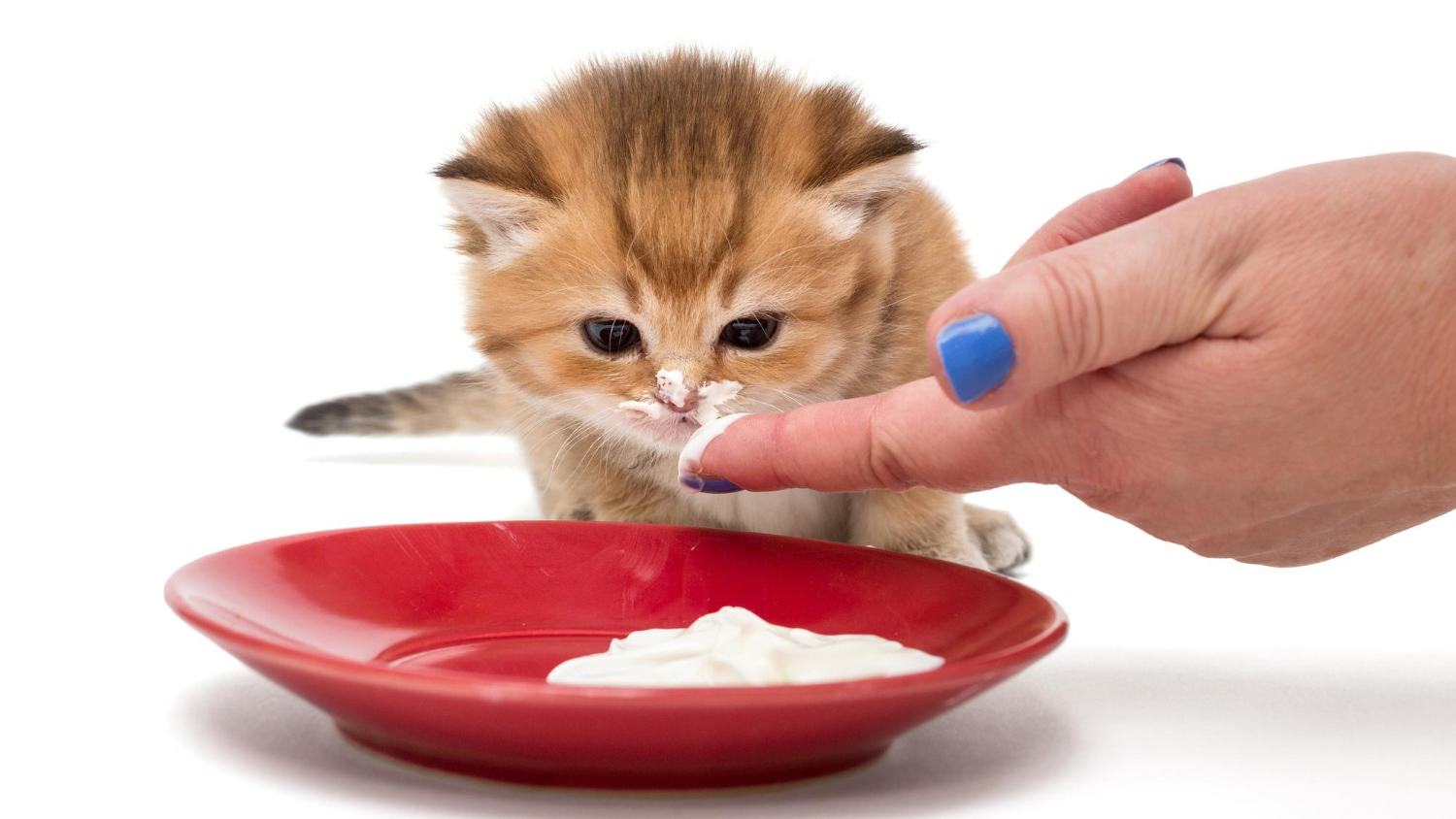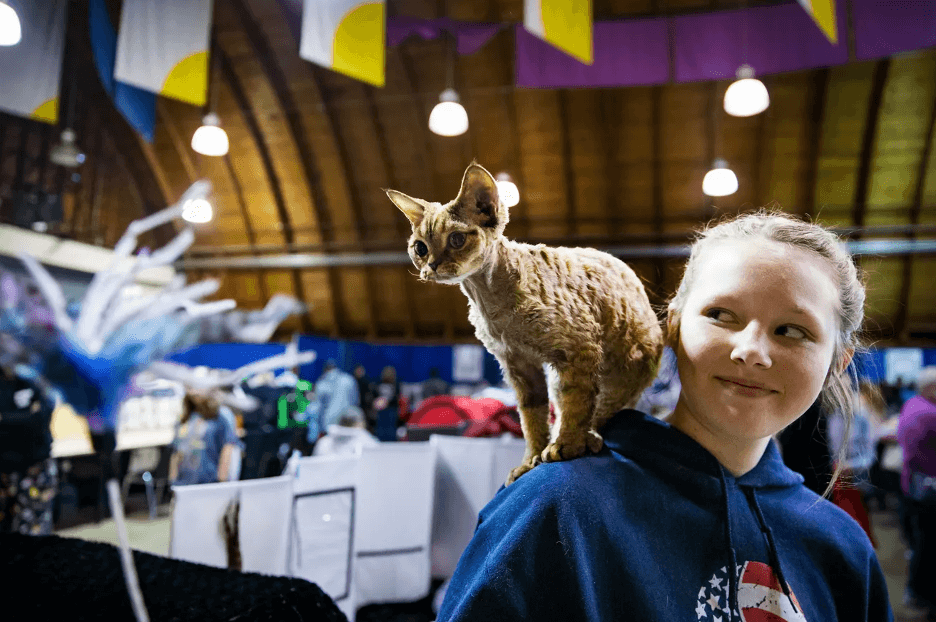Written by Rene Knapp, long time TICA member and dedicated cat lover.
Why Adopt an Older Shelter Cat?
Adopting an older shelter cat (often called a senior cat) is a compassionate choice that also fits many households. Adult and senior cats typically have stable personalities, calmer energy, and predictable routines, making them wonderful companions for families, professionals, and retirees.
Known Temperaments & Real-Life Fit
With a senior cat, what you see is what you get. Shelters can share behavior notes—cuddly lap cat, independent observer, kid-friendly, pet-friendly—so you can find a match that complements your lifestyle.
Lower Training Demands
Most older cats already understand household etiquette, including the litter box and scratching posts. That means less time training and more time bonding.
Gratitude & Companionship
Many adopters report that older cats are deeply affectionate, quickly forming strong attachments once they feel safe and loved.
Common Myths—Debunked
“Senior Cats Are Always Sick”
While seniors may need routine monitoring, many older cats are healthy and active. Regular checkups, balanced nutrition, and environmental enrichment go a long way.
“They Won’t Bond With Me”
Adult cats are fully capable of forming new bonds. Patience, predictable routines, and positive reinforcement help trust flourish at any age.
“They Don’t Play”
They do—often in shorter bursts. Gentle wand toys, puzzle feeders, and interactive playtime satisfy their hunting instincts without overexertion.
Benefits of Senior Cat Adoption
- Predictable personality: Easier to match with your home and schedule.
- Calmer demeanor: Great for apartments, shared spaces, or quieter households.
- Often overlooked: Choosing a senior can literally save a life.
- Immediate companionship: Many seniors are ready-made lap cats.
Health & Care Tips for Older Cats
Veterinary Care
Schedule wellness exams at least annually (biannually is ideal for seniors). Discuss dental care, arthritis screening, and weight management with your veterinarian.
Nutrition & Comfort
Choose age-appropriate diets and provide easy access to resources—low-entry litter boxes, warm bedding, and perches with ramps. Hydration is key; consider a cat fountain.
Enrichment & Mobility
Short play sessions, window views, and gentle climbing options support mental and physical health. Soft grooming helps with coat care and strengthens your bond.
How to Adopt a Senior Cat: Step-by-Step
- Research local shelters and rescues. Ask about senior-friendly adoption programs or reduced fees.
- Share your lifestyle. Provide details so staff can recommend a compatible cat.
- Meet & greet. Spend quiet time to observe behavior and comfort levels.
- Prepare your home. Set up a calm “starter room” with essentials.
- Slow introductions. If you have pets, use scent-swapping and gradual gateways.
- Follow-up care. Book a wellness exam within the first couple of weeks.
Tip: A starter room—equipped with food, water, litter, and hiding spots—reduces stress and speeds adjustment.
FAQs About Older Shelter Cats
What age is a “senior” cat?
Many shelters consider cats around 7+ years as seniors, though this can vary. Focus on the individual cat’s health and temperament.
Are adoption fees different?
Some shelters offer senior-cat discounts or “seniors for seniors” programs—ask your local rescue about current options.
Ready to Welcome a Wise Whiskered Friend?
Older cats bring calm companionship, gratitude, and endless love. Visit your local shelter or rescue to meet adoptable senior cats today. For more resources, explore TICA and connect with your veterinarian for personalized guidance.






















































































